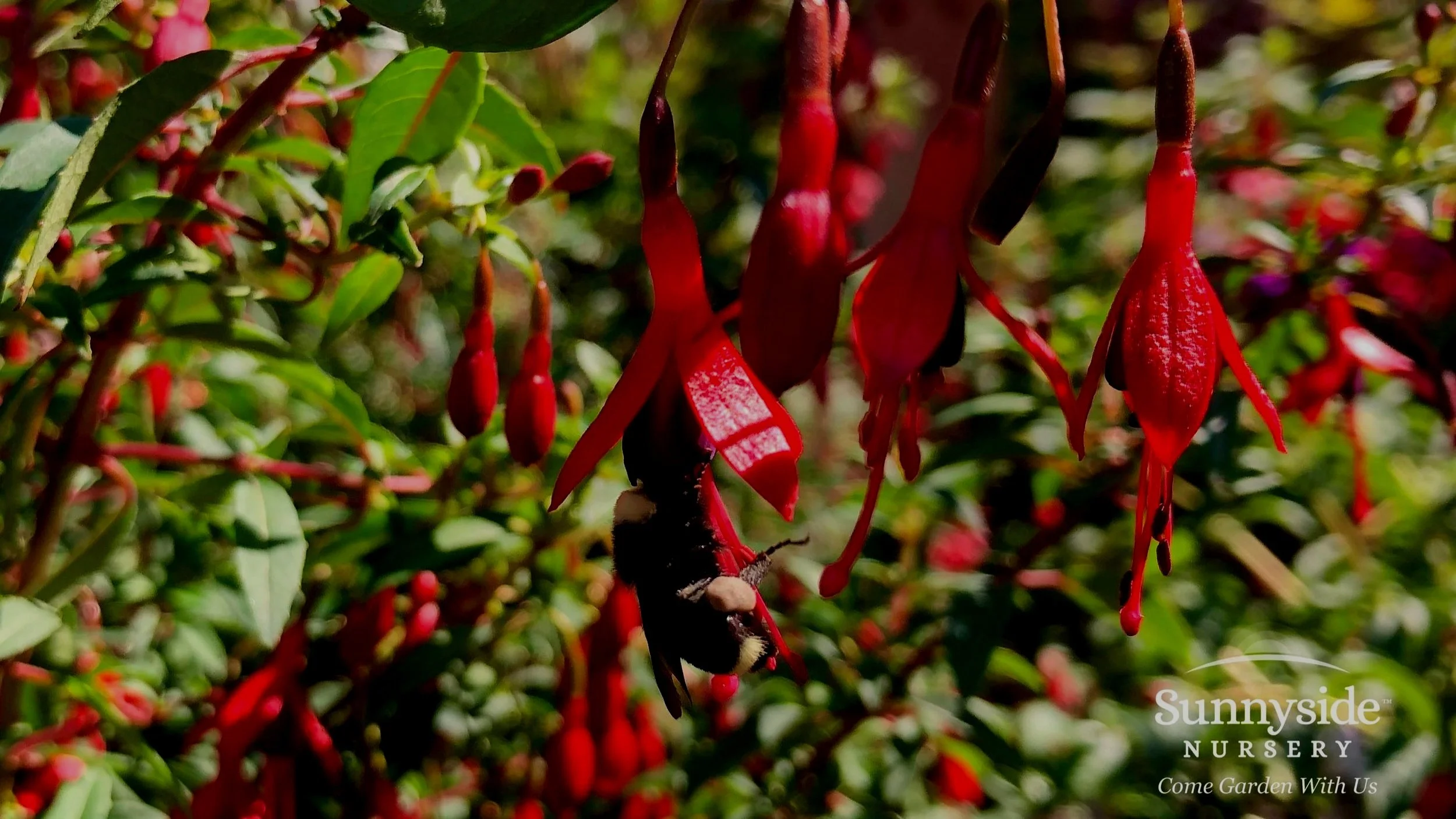If you are like me, you went to bed last Sunday night with a light dusting of snow on the ground and woke up to 8 to 10 inches covering virtually everything in the garden. Now, somewhere underneath that white stuff, are my blooming hellebores, snow drops, and budded daffodils. You might ask: “Is all lost?” Hardly! Mother Nature is a lot more resilient than that and while my perennials may be bent, they are most likely not broken. In fact, they are probably snug as a bug in a rug and once everything thaws out they will pop right back up again. As it turns out, snow is much more beneficial for the garden than it is detrimental. Here are some things to consider…
Snow is an amazing insulator, as long as you don’t disturb it. Rule number one is to always to leave snow alone in the garden. The light, fluffy structure of newly fallen snow is much like that spun fiberglass insulation that we put between the 2 x 4’s in our homes. A six inch or more covering of snow can add 5 to 10 degrees to the soil surface temperatures and be the difference between life and death for tender plants. The only time I remove snow is when it is weighing down my evergreen shrubs and causing them to splay out. For everything else I just leave it in place and pretend I have a garden full of snow cones. It’s kind of a novel look that I have often thought of enhancing with the aid of some food coloring, but alas, my wife has always squashed the idea. “Party pooper” comes to mind.
Another benefit of snow is the nutritive value. It is actually known as “Poor Man’s Fertilizer” because of the nitrogen it contains. As snow falls, it removes nitrogen from the atmosphere and over time that nitrogen gets converted into nitrates that plants can absorb and use for growth. I have personally noticed how much greener my lawn looks after a snow fall and it is due to the addition of nitrogen.
Snow, of course, does have some drawbacks. If it hangs around too long it will block out too much light, which can cause some rot. Also, in some parts, voles and rabbits will tunnel underneath it and gnaw on the bark of shrubs and trees. In the garden center we have to remove it from the greenhouse roofs, which can be a huge chore but at least we get a good workout in the process.
Probably one of my favorite benefits of snow is the magical scene it creates. Plants like red twig dogwoods and coral bark maples seem to just come alive, their vibrant colored stems offering a striking contrast to the pure white background of the snow. Even dormant ornamental grasses can take on a whole new personality in the presence of snow.
It’s a treat to get snow in our area and we should learn to enjoy it. Granted, it makes driving a challenge and there is virtually nothing we can do in the garden while it is on the ground, but it does help to generate a festive feeling about life - a sort of “mood enhancer”. I even had a neighbor walk by the other day and, tongue in cheek, wish me Merry Christmas. So, go make a snow man and have some fun with this rare weather event. Don’t worry about the garden, it will be fine. Just make sure you stay off the lawn and out of the beds until it melts.


